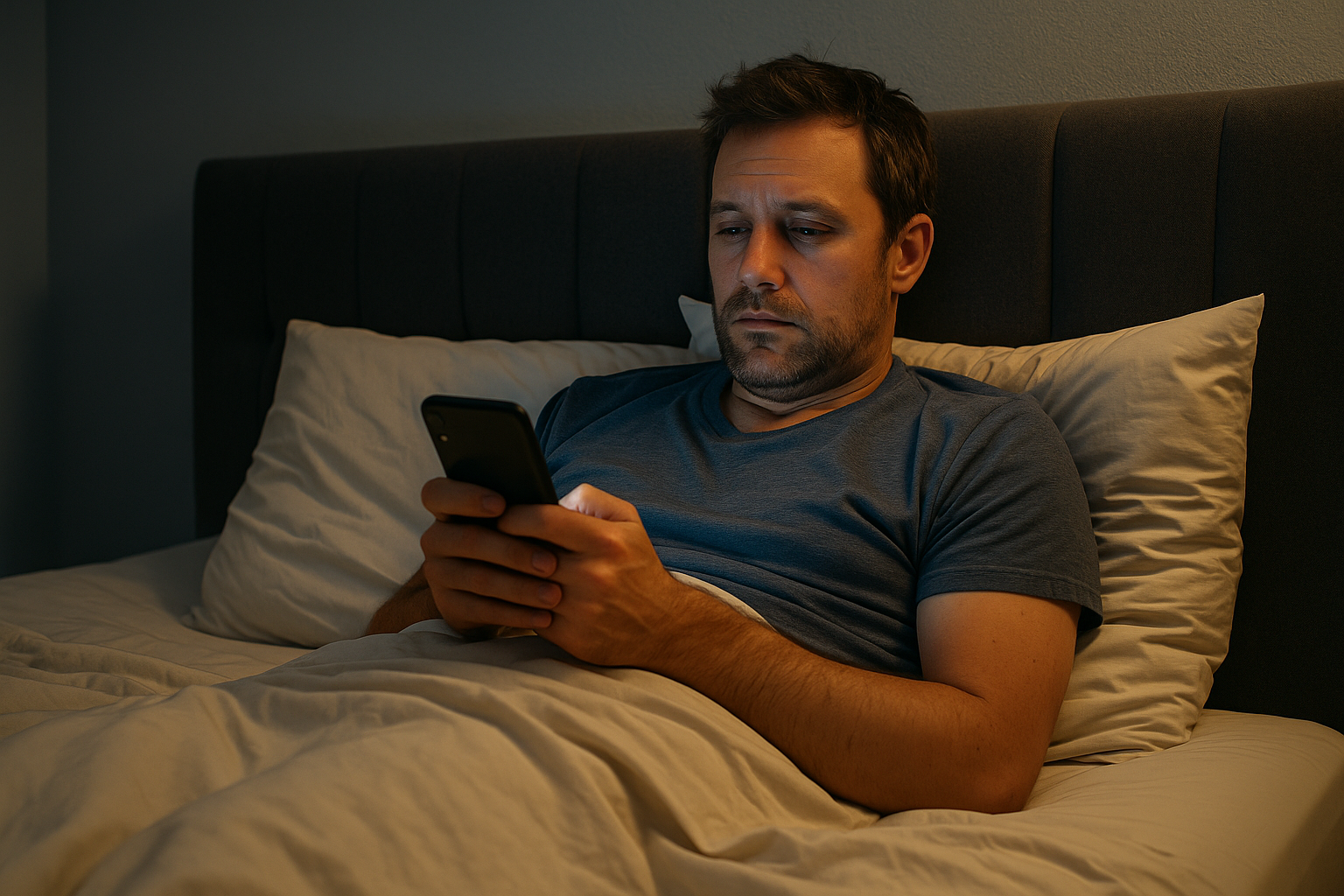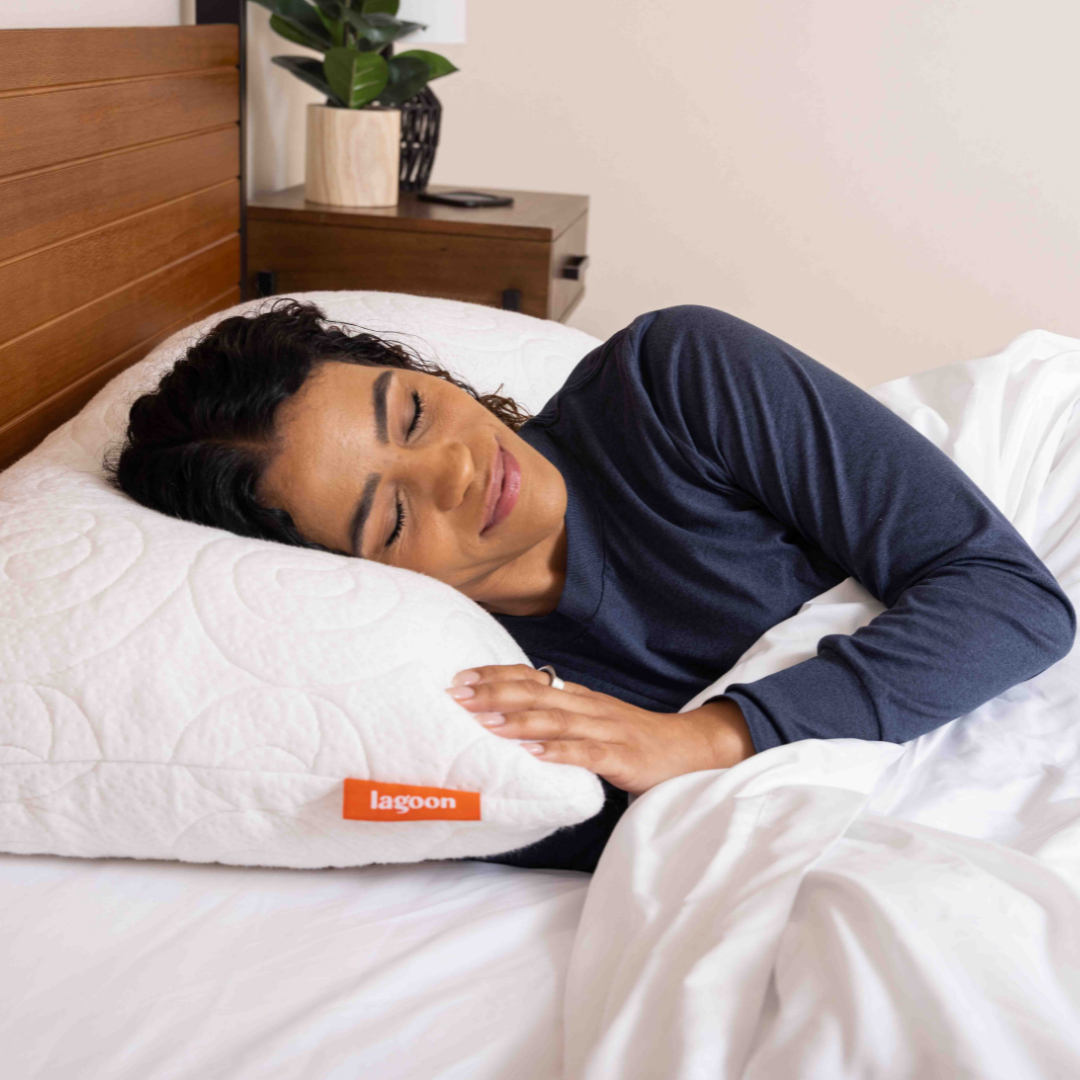Early morning flight to Cincinnati? Boss scheduled a 7am meeting on a Wednesday? We’ve all either said it ourselves or heard someone say - “I just don’t sleep well before I travel,” or “I’m always stressed out the night before a big meeting.”
What’s actually happening is that a change in our sleep routine isn’t just an adjustment to the alarm clock, but it’s impacting our mental state before and/or while we sleep. The result can be even more consequential to our quality sleep.
It doesn’t have to be this way! They say knowing is half the battle - so if you’ve got something coming up that’s changing your sleep routine, try these tactics to still salvage your best possible sleep.
Don’t force it
If you’re used to waking up at 7:00am, but your alarm is now set to 5am for that early morning flight - don’t think that you’ll just be able to go to bed 2 hours earlier. Think about what’s realistic. Have you ever fallen asleep before 9:00pm? No. 9:30pm? Yes! Ok bingo, let’s shoot for that.
The alternative is getting into bed too early and stressing about the fact that you can’t fall asleep. This elevated stress level would likely keep you awake well past the 9:30pm mark anyways, and even increase your chances of waking up throughout the night.
Find some inner calm
It can be stressful prepping the night before - either packing your suitcase or finalizing those slides. Don’t forget to leave adequate time to wind down before you get into bed. Forget about the flight or the meeting (after you set your alarm), then take a bath or hot shower, read a few pages, or practice some deep breathing.
If you start to fixate on the early wake up time again - take the time to recenter once more before falling asleep in order to avoid anxious sleep.
Introduce (or manufacture) some daylight
If you’re waking up before the sun, try a daylight alarm clock. One of the problems with changing your sleep schedule is that you could be waking up during what would normally be one of your cycles of deep sleep. So in order to avoid that groggy, disoriented feeling associated with waking up from deep sleep - use the sunlight alarm clock to gradually bring you into a state of lighter sleep so you can wake up feeling better.
Plan for a nap the next day
If you know you’re going to be sleep deprived because you had to wake up so early, see if there’s a way to sneak in a nap the following day. If you’re traveling, on the airplane can be an excellent place to do this, or even if it’s in between meetings when you’re working from home - that’s good too! All it takes is a 20 minute nap to be able to feel some of the benefits of a good night’s sleep. Try not to nap too long though, and risk falling into (and being awoken from) a deep sleep cycle.
If you can’t squeeze in a nap - not to worry. Try and take the opportunity to head to bed a little bit earlier the following night.
Here are some other helpful tips you may consider.
Enjoy more of the Lagoon blog for advice on how to improve your sleep.







